- Learning time
- 20 minutes
- First play time
- 40 minutes
Biblios
Designed by: Steve Finn
The theme of Biblios is that each player represents Monks collecting precious texts. But whether you embrace this theme or not it is a game with reasonably simple rules that keeps its mystery ( – who the winner will be) hidden until the last card is played.
There is a small board and at the start of the game five coloured dice are laid out on the board with their three pip sides showing. These represent the victory points that will be handed out at the end of the game, and the players aim is to have the most value in the matching colours on the cards: if you have the most points in red, for instance, at the end of the game you collect the red die and score the points on it.
Play takes place in two phases. In the Gift phase the active player looks at a certain amount of cards (how many depends on the number of players) one at a time, and one at a time they make a decision about where to put the card. One card can go in their own hand and this remains hidden. One card will also be hidden in the Auction pile (this will form the second phase of the game) and then there will be a face-up card ‘gifted’ to each of the other players. Crucially, the active player must decide on these destinations one at a time – if you pick up a card you want but you’ve already put cards in your own hand and the auction pile, you have no choice but to gift it to one of your opponents.
When the deck is exhausted every player will have a large hand of cards that will be a mixture of coloured cards and gold. The gold is now used in the Auction phase, as the auction pile is turned over one card at a time and players bid for them – they pay for coloured cards with gold, but if they are trying to pick up more gold they bid the amount of cards they are willing to discard from their own hand.
Mixed into this deceptively simple ruleset – it may seem complicated here but one play is all you need – are the Church cards – players use these to change the value on the dice – either bumping up the die they think they’re going to pick up themselves, or devaluing the other die. At the end of the game cards are compared, dice are collected, and the winner has the most points.
The guru's verdict

-
Take That!
Take That!
Players are in competition during bidding, but there is nothing to make anybody feel targeted.
-
Fidget Factor!
Fidget Factor!
Almost none.
-
Brain Burn!
Brain Burn!
There are decisions to be made, and some calculated risks, but nothing too taxing.
-
Again Again!
Again Again!
Biblios' light rules and short playing time make it appealing for adults and children.

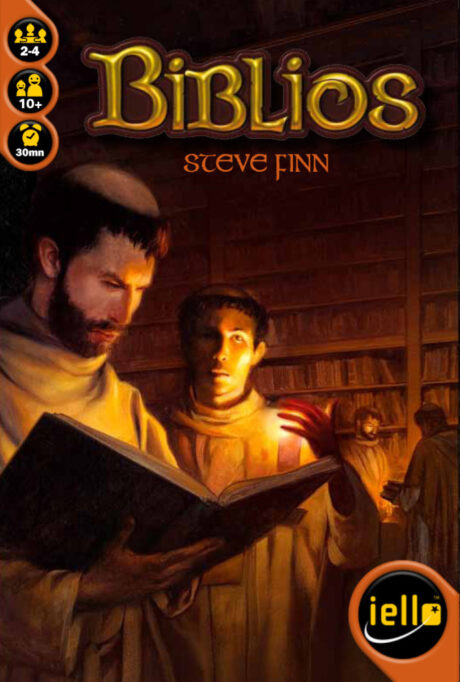
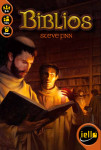
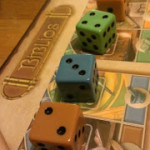
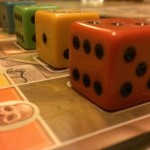
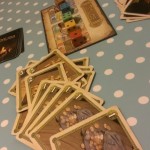
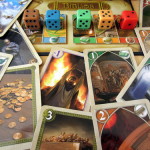


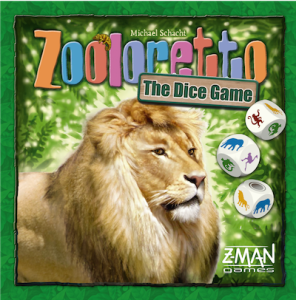
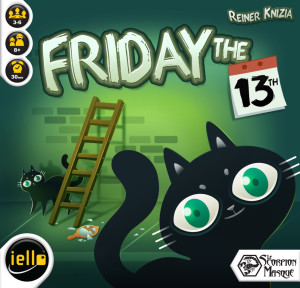
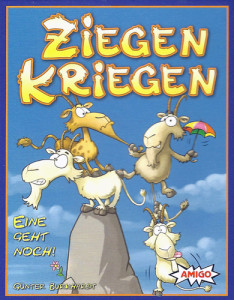
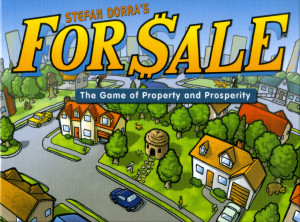
Sam says
You can never be totally sure what your opponents are doing. The church cards do give away information, but then strategies can change mid-game as well... the gift phase can feel tense as you chuck something in the auction pile you hope to get later, and end up handing a better card to your opponent. Flying in the face of its rather dry appearance and initially opaque rules, Biblios is one of my favourite shorter games.